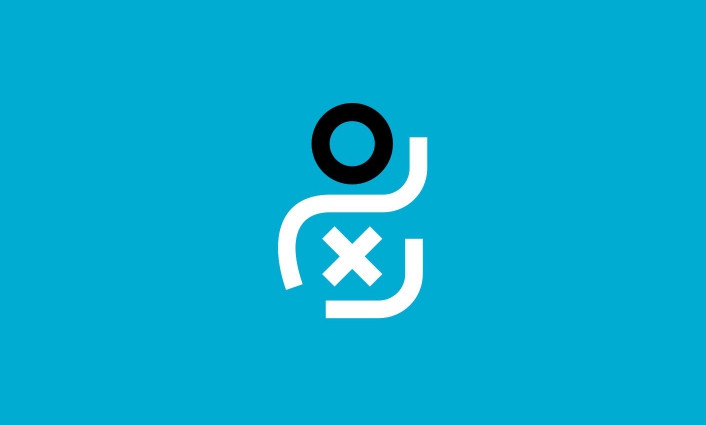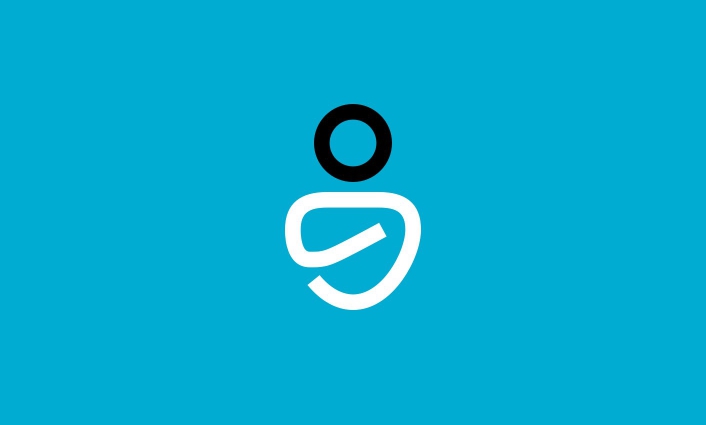
The Human Rights Guide is a free online platform for human rights education and self-help. It aims to help people understand human rights in different situations by explaining them through themes. The Guide not only helps people to learn about human rights and understand their basic issues, but also to assess whether a possible human rights violation has occurred and what to do about it. The Guide is also aimed at professional users whose work involves the application of human rights. It also serves as an aid to human rights learning for students and human rights trainers.
A new theme on human rights restrictions has been added to the Guide. Most human rights can be restricted to protect other people or important interests of society. Human rights may only be restricted where the law allows for such restrictions. Whenever human rights are restricted, there must be an effective remedy – a process before an independent body to challenge the restriction, to stop it or to receive compensation if your rights have already been violated.
The new theme explains what human rights can be restricted and what the legal requirements are for such restrictions to be lawful. The new theme also explains the ways in which human rights can be restricted and the remedy that should be available to challenge such restrictions. It also provides information on the derogation from human rights that is allowed in times of emergency such as war, a terrorist threat or a pandemic.
The human rights restrictions topic includes the following sections:
- Absolute rights
- Rights with a protected core
- What restrictions are allowed?
- How can restriction be imposed?
- Derogation in times of emergency
The Human Rights Guide also covers topics such as freedom of expression and media, fair trial, and other themes on topical issues. The Guide also provides information on institutions and organisations that protect human rights in Latvia and Europe, explaining in particular how individuals can turn to them for help.
The Human Rights Guide is produced by the non-governmental organisation Baltic Human Rights Society in cooperation with partner organisations. It is financially supported by the Nordic Council of Ministers' Nordplus Education Programme, the European Union's Erasmus+ Programme and the Active Citizens Fund, and has been granted the patronage of the Ombudsman of the Republic of Latvia and the Latvian National Commission for UNESCO.




